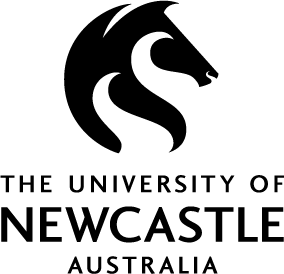Chemical engineers are employed in a wide range of industries. They may be involved in creating products like plastics, fertilisers, consumables, pharmaceuticals and paints. They might also work to develop fields such as environmental control, resource utilisation, minerals processing, renewable energy, waste management and recycling. Average starting salaries for our engineers are great – more than $70,000 per annum and above the national average. *
Chemical engineering is flexible and diverse. You may prefer hands-on fieldwork, design and development, or a leadership role managing people and projects. Typical positions include:
- biotechnology engineer
- nuclear engineer
- chemical safety manager
- water treatment designer
- mineral processing engineer
- environmental remediation engineer
Remarkably, engineering is the most commonly held degree among the highest performing Fortune 500 CEOs – the CEOs of companies such as Google, Microsoft, Amazon and Tesla Motors are all engineers.
* Graduate Outcomes Survey 2019-2021
